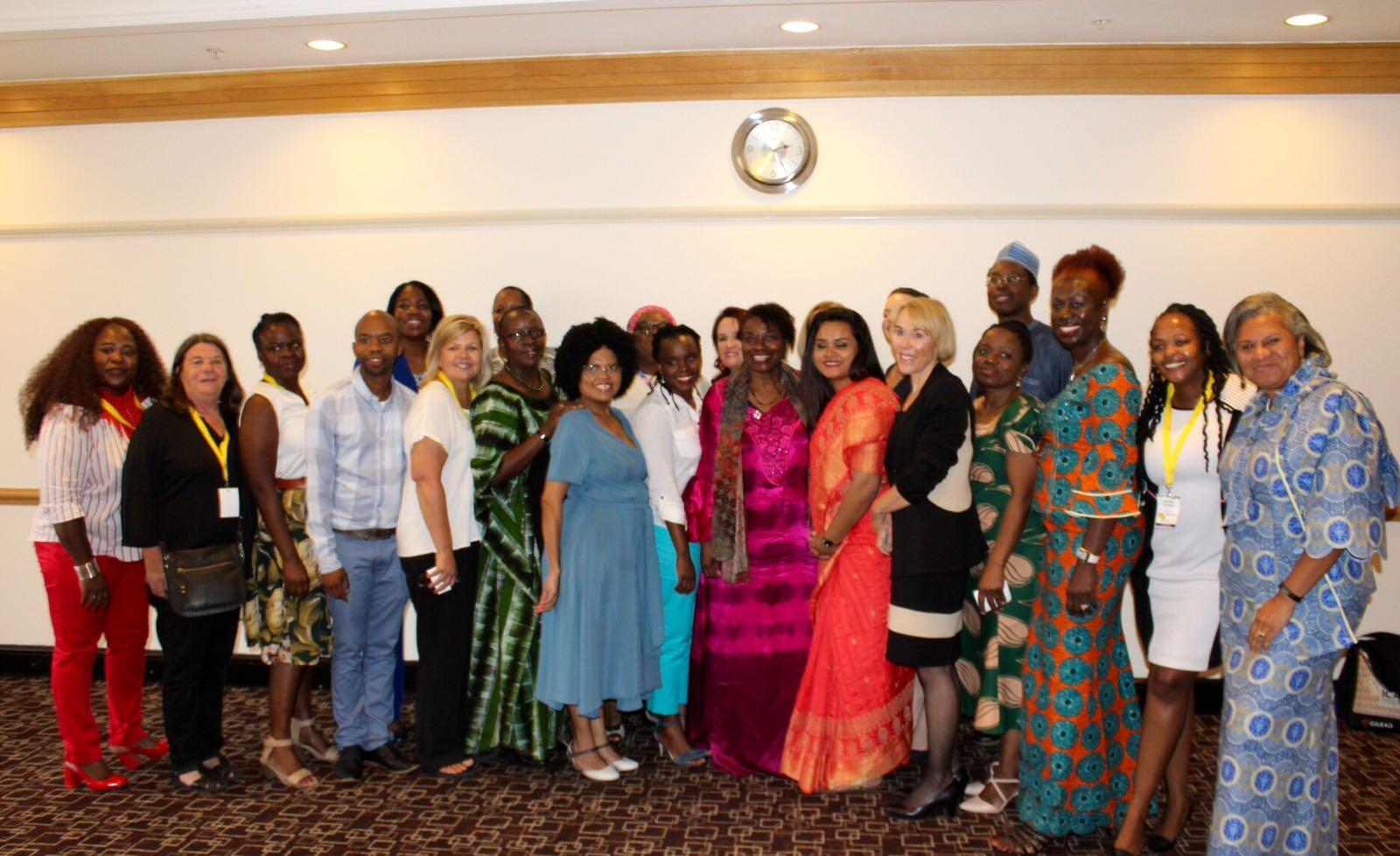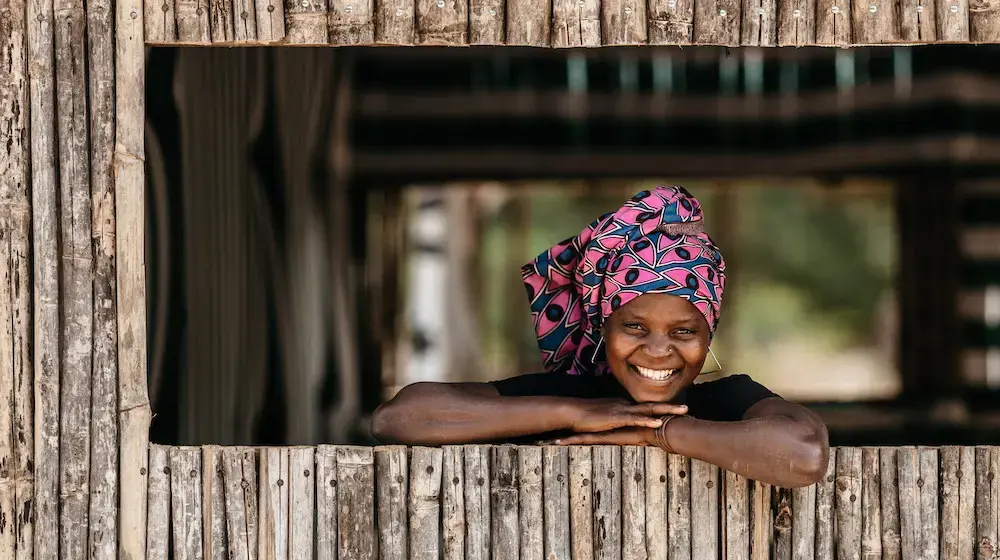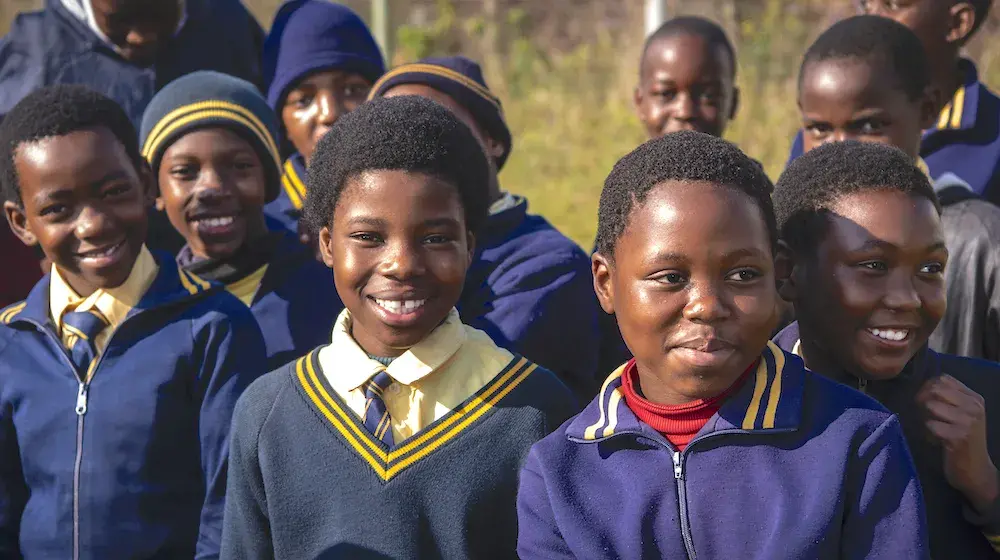In line with reinforcing UNFPA’s focus on universal access to contraceptives, as well as sexual and reproductive health and rights (SRHR), the UNPA’s Executive Director, Dr. Natalia Kanem, on her visit to South Africa, discussed the prevailing challenges on ensuring and assuring SRHR with key civil society partners in South Africa. Also in the meeting was the UN Secretary-General’s Envoy on Youth, Ms. Jayathma Wickramanayake who is in South Africa to end her first multi-country mission in Africa.
Dr. Kanem began the proceedings by noting how much of a privilege it was for UNFPA to serve as a catalyst for the efforts civil societies were pushing in promoting SRHR in the country. The UN Youth Envoy, on her part, noted the various commendable interventions by UNFPA towards fostering SRHR that she has experienced on ground during the course of her five-country mission. The discussions that followed highlighted some of the lingering concerns surrounding access to information, services and commodities, particularly for young people. Information gap, as noted by Dr. Tlaleng Mofokeng of Sexual Reproduction and Social Justice Coalition was a critical impediment, as more than 50% of abortions done by young women were done outside regular health facilities. Among the reasons for this was that a considerable number of young women did not know that abortion was legal, hence there was a significant information gap as pertains the law.
The Country Director of Society for Family Health (SFH) noted that there was not enough trained personnel dedicated to services targeting girls. Similarly, Alma Scott of Johnson & Johnson mentioned that through their youth leadership programme, it was discovered that young people, especially young women and girls needed to be given a head-start to serve as an opportunity to learn and exercise leadership. Johnson and Johnson have established a Youth Leadership Team, which is made up of a group of young people in South Africa, providing real leadership platforms and opportunities to shape development outcomes in the country, and provide global lessons, UNFPA provides technical support to the initiative.
The head of the Wits Reproductive Health Institute, Professor Helen Rees made the point that lack of institutionalisation of SRHR contributed greatly to the information gaps that exists. If girls lacked access to information on sexual and reproductive health and rights through civil society efforts, it was important for civil society groups to push for school programmes that provide comprehensive sexual education (CSE). Further, working together with religious leaders was an important recommendation that was made during the meeting, due to how much they shape beliefs, opinions and practices and how they impact cultural and community norms. It was important for religious leaders to discuss CSE with a positive and scientific voice, so that what young girls and women learnt from school would remain consistent with what was being preached by their religious organisations.
Adding to this, the CEO of Soul City Institute, Lebogang Ramafoko, who also moderated proceedings, made the point that the information being passed on to young girls has to be consistent irrespective of the social setting (home, school or church), given the anxieties they may feel about changes in their bodies as they develop.
In closing, the Executive Director noted that UNFPA was committed in coordinating with CSOs to ensure accessibility of information and extending the relevant SRHR care and services to young girls and women. She noted further that, in a period of defunding, how to ensure that there was no disruption to the commitment owed to the 10-year old was a critical task. In effect, this absorptive capacity, she concluded, was what would drive the organisation towards realising zero unmet needs, zero gender-based violence, and zero maternal mortality.





